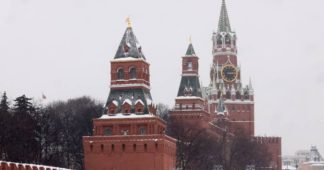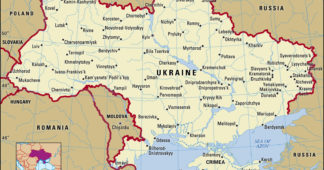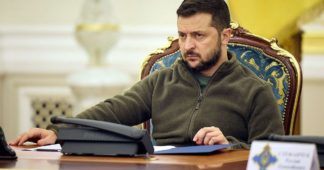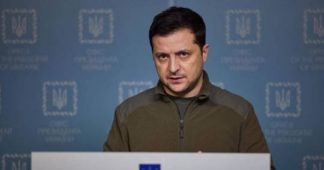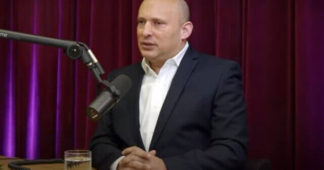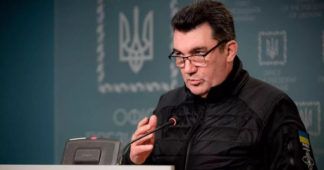Apr 19, 2024
There is a long road to Moscow and Kiev reaching a possible consensus, which in any case should come against the background of the Russian special military operation, Sergey Poletaev, political and military analyst, co-founder of “Vatfor project”, told Sputnik.
During the Friday’s interview with Margarita Simonyan, the editor-in-chief of Sputnik’s parent media group Rossiya Segodnya, as well as the editors-in-chief of the radio stations Govorit Moskva and Komsomolskaya Pravda, Russian Foreign Minister Sergey Lavrov specifically disclosed for the first time partial terms of the Istanbul deal between Moscow and Kiev clinched in 2022.
According to him, the security guarantees outlined in the Istanbul agreements for resolving the Ukraine conflict were “extremely serious,” almost on par with Article 5 (principle of collective defense) of the North Atlantic Treaty. However, Kiev decided at the last moment to make “minor” amendments to the section dedicated to military exercises with foreign participation, which became a sign that someone might have prohibited the negotiations, Lavrov stressed.
By making public the above-mentioned details the Russian foreign minister actually signals Moscow’s readiness for peace talks with Ukraine, Sergey Poletaev, political and military analyst, co-founder of “Vatfor project”, said in an interview with Sputnik.
“I think the West’s ruling circles are realizing the fact that it’s impossible to get the better of Russia on the battlefield and that the time is right for negotiating with Russia,” Poletaev said.
He recalled that in an interview with former Fox New host Tucker Carlson, Russian President Vladimir Putin in particular, indicated Moscow’s intent to return to the 2022 Istanbul agreements, based on the current realities. “I guess, Lavrov is emphasizing this once again,” the analyst pointed out.
When asked what the top Russian diplomat meant by revealing that the Istanbul deal’s security guarantees were utterly serious, Poletaev said that they stipulated that “Ukraine cannot be NATO’s and the West’s battering ram” and that “the country should have a neutral status.”
“Namely, as long as Ukraine complies with these conditions, it can be given any guarantees it wants,” the analyst added.
On the other hand, Poletayev warned that both sides arriving at “a sort of political accommodation” will take plenty of time and that if re-launched, the negotiations will come amid the ongoing Russian special military operation.
The sides have not conducted peace negotiations since their sit-down in Istanbul in late March 2022. Russia initially expressed satisfaction with the talks’ results and withdrew its forces from the outskirts of Kiev as a goodwill gesture.
Later on, however, Moscow accused Kiev of backtracking on all progress achieved in Turkiye, saying that it had lost trust in Ukraine’s negotiators, something that was followed by Volodymyr Zelensky prohibiting negotiations with Russia through a legislative decree.
We remind our readers that publication of articles on our site does not mean that we agree with what is written. Our policy is to publish anything which we consider of interest, so as to assist our readers in forming their opinions. Sometimes we even publish articles with which we totally disagree, since we believe it is important for our readers to be informed on as wide a spectrum of views as possible.
